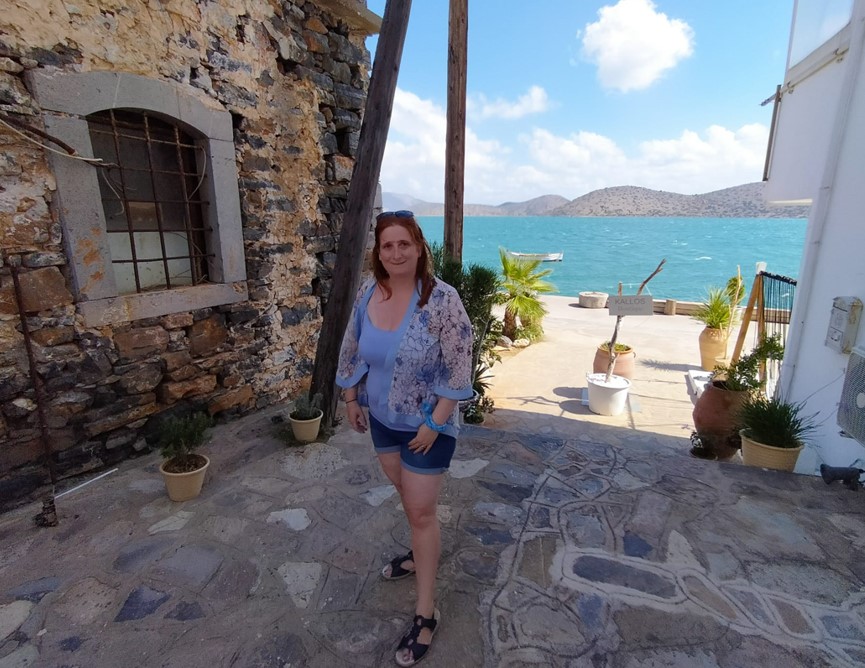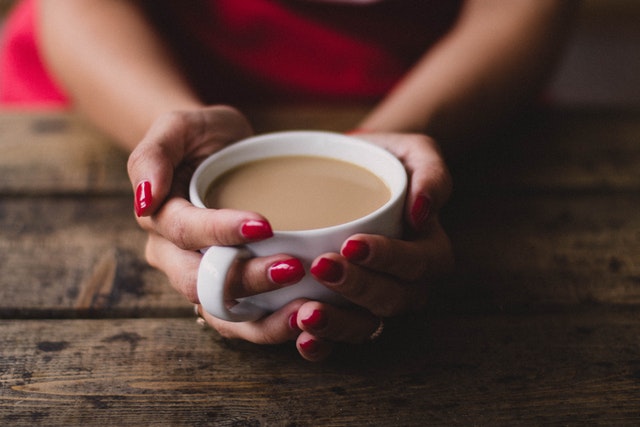I have found the most helpful thing has been acceptance. Accepting myself for who I am and not letting my menopause define me as a woman- I am more than just my menopause.
In our fourth blog for Menopause Awareness Month 2022, our final staff member has kindly shared her harrowing story of infertility following a diagnosis of early menopause. Thank you so much for sharing your incredibly emotional journey with us.
Menopause & Infertility and its impact on my life
*Trigger warning, contains references to suicide and suicidal thoughts*
I was diagnosed on my 21st birthday as having experienced the premature menopause. I had only ever experienced two natural periods in my life and had been put on the pill straight away at 16 despite not being sexually active which gave me a bleed.
Going back to when I was 14 I was sent for scan after scan- at one point they suggested PCOS but couldn’t see my ovaries on the scan they were that small! So when I turned 18 things finally began to move forward and I was sent for tests. My FSH levels were not where they should have been and my testosterone level was higher than normal.
At 21 they discovered from an intervaginal scan that I had near to know eggs inside my ovaries.
I was also told on the same day that I was infertile. And this impacted me beyond comprehension. I was in no state to deal with it- I became emotionally fragile to the point where my then relationship fell apart- my friendships all came to a halt. It became too much before I tried to take my own life in August 2009.
I was incapable of managing the symptoms- mood swings, anger was the worst and resentment built up inside me that exploded sometimes at those I loved the most.
Only after I met my husband did I begin to process all my feelings. He helped me cope- and I was lucky to have him. As our month anniversary present he bought me a “chillow”- a cooling pillow used for dogs to slip under my pillow at night.
In September 2009 I was prescribed HRT- Cyclo Progynova, a two-pill treatment to trigger a bleed once a month.
We began planning for our family almost right away and we went straight on the egg donor list (I say straight away it was a good six months of counselling first… my husband and I had to come to terms with the fact the baby would share zero of my genetics or features).
Four years later we discovered we had not been added to the list for an egg and were devastated but after a conversation with our specialist they apologised deeply and found us a donor.
Unfortunately, the embryo did not take. The first or second time. This impacted my husband and I to the point where we didn’t want to live anymore- it became so difficult- especially after my first period arrived shortly after treatment ended.
I began to learn to accept it. And I began to learn more about the menopause and how to manage my symptoms. My workplace at the time were not understanding and one male co-worker even joked that I should buy a bottle of wine and see what happens! I honestly felt terrible all the time at work- rushing to the toilets, my pelvic floor at this point had given up and I was only 26!
I began nordic walking which helped improve my mental health and I met up with a group of mature ladies once a week which improved my overall wellbeing. It was something I could focus on, as I had begun to struggle with focus.
Then at 30 I was switched to different medication which eased my symptoms. And after turning 35 I decided to change my career and joined the University of Huddersfield. Here I found a wealth of support and help.
My mood swings and symptoms got worse as I dealt with our grief at being childless. However, I began taking my medication once more and alternatives were then offered. I tried Oestrogel and other medications, but these did not trigger a natural bleed which was the only thing (at the time) that I felt made me feel like a real woman. I now know being myself is so important and thanks to my husband’s ongoing support I am managing my life and my symptoms much better.
Although my symptoms do persist and I have since tried gels and creams- I have found the most helpful thing has been acceptance. Accepting myself for who I am and not letting my menopause define me as a woman- I am more than just my menopause.


